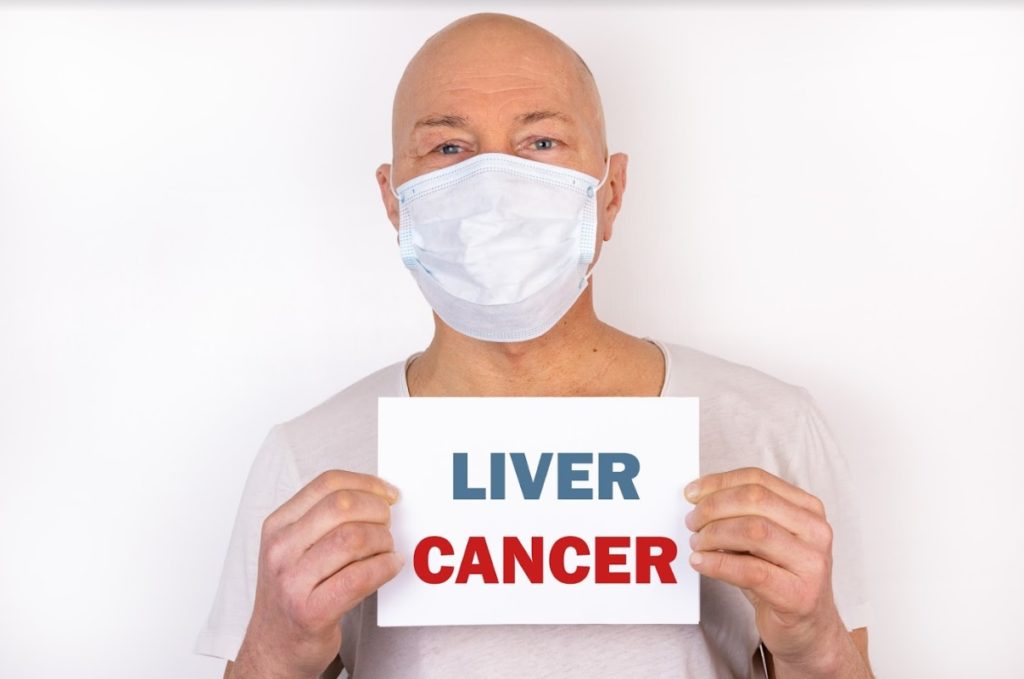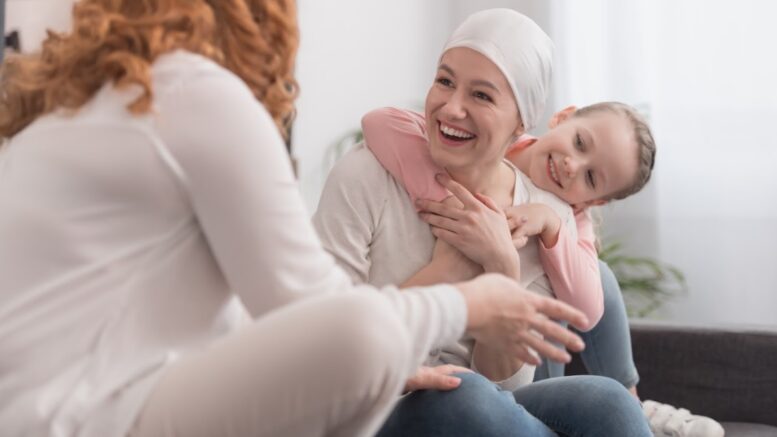Starting chemotherapy means beginning your journey toward health. But, while the treatment aims to remove the affliction from your body, you, too, can take an active part in your healing. Practicing self-care will guide you and your loved ones throughout the entire process.
It’ll be important to understand that different phases of the treatment will mean different methods of self-care. Additionally, they can also help you make preparations to counteract the possible side effects.
So, whether discussing with your family on traveling to the hospital or having chemotherapy at home in Melbourne or wherever you live, here are a few tips on how to practice self-care throughout the entire treatment:
Before
Read Up On Possible Side Effects And Discuss Them With Everyone Involved
Knowledge is power and can provide comfort to you and your loved ones before going through with the treatment. Learning about chemotherapy can help you differentiate normal side effects from ones that may require immediate medical aid.
Normal side effects can include:
- Nausea
- Vomiting
- Constipation
- Diarrhea
- Hair loss
- Loss of appetite
It’s important to note that chemotherapy affects people in a variety of ways. While some are barely affected by the treatment, others may have stronger reactions. Knowing this ahead of time can help keep your expectations and anxieties grounded.
Ultimately, educating yourself will help every person involved with your treatment. On one hand, having an open discussion with your doctor can help them know of the trust you place in them. On the other hand, your loved ones can help you spot signs, which you wouldn’t have otherwise noticed. Finally, having this knowledge beforehand can greatly decrease the stress everyone may experience from anxiety and ignorance.
During
Prepare Activities And Hobbies
Preparing something to do during the chemotherapy session can lead to a better experience of the treatment. Considering that such sessions can range from half an hour to four hours, most patients agree that focusing on an engaging activity greatly helps in passing the time.

Some of the best activities to engage in during your session can be:
- Reading
- Arts and crafts
- Watching a good movie
- Listening to your favorite music
- Puzzles and games
Most of these things are readily available at the comfort of your home, so you can discuss these with your health care provider. But, should you opt for your session to be at the hospital, screens and Internet access are also typically provided for patients.
The power of creative outlets can’t be understated when it comes to self-care. Whether you prefer the comfort of good music or the challenge presented by a puzzle, keeping an active mind can be the best method of focusing on things you love while undergoing the treatment.
Connect With People
Chemotherapy treatments can be challenging; yet, it’s in moments like these that you hold onto the people around you. Additionally, these sessions provide excellent opportunities to connect with family and friends. Surrounding yourself with love can be the best self-care practice of them all.
A simple call or message to these important people in your life can be all it takes to reconnect with them. A simple conversation or catching up over lost time can do the trick. Moreover, finding comfort in their presence is an experience that can’t be replicated anywhere else.
Furthermore, creating connections can extend to new people as well. Your healthcare provider and other chemotherapy patients can be included in your list of acquaintances as well.
Healthcare workers know the power that comes from empathy, so they’re more than happy to engage in conversations with their patients. Meanwhile, it can be extremely comforting to talk with people going through the same experience as you. Getting to know these people on your journey can be a cathartic experience.
After
Keep A Journal Of Events
After the designated number of sessions approved by your doctor is over, personal upkeep can be a great way to take part in your recovery. This can be done by keeping a recovery journal.
This journal can be used to record a number of things. These can include:
- Food eaten
- Side effects experienced
- Positive thoughts for the day
- Different things you’ve noticed throughout the day
Writing these entries can improve your recovery in two ways. Firstly, it provides an accurate record of your condition after the treatment. This can serve to inform your doctors on any significant changes.
Additionally, it informs you on the changes you’ve undergone throughout your journey. The slightest improvement is always a cause for celebration.
Lastly, the journal can serve as an outlet for personal expression. Sometimes, thoughts and feelings can be difficult to visually express. Writing them down can be another alternative to release pent-up feelings.
Conclusion
There are many ways to practice self-care before, during, and after chemotherapy treatments. Learning the facts, engaging in activities you love and which make you happy, and connecting with loved ones are just a few examples of these. Whether you’re just starting out or resting from the last appointment, every step of the way can be an opportunity.
